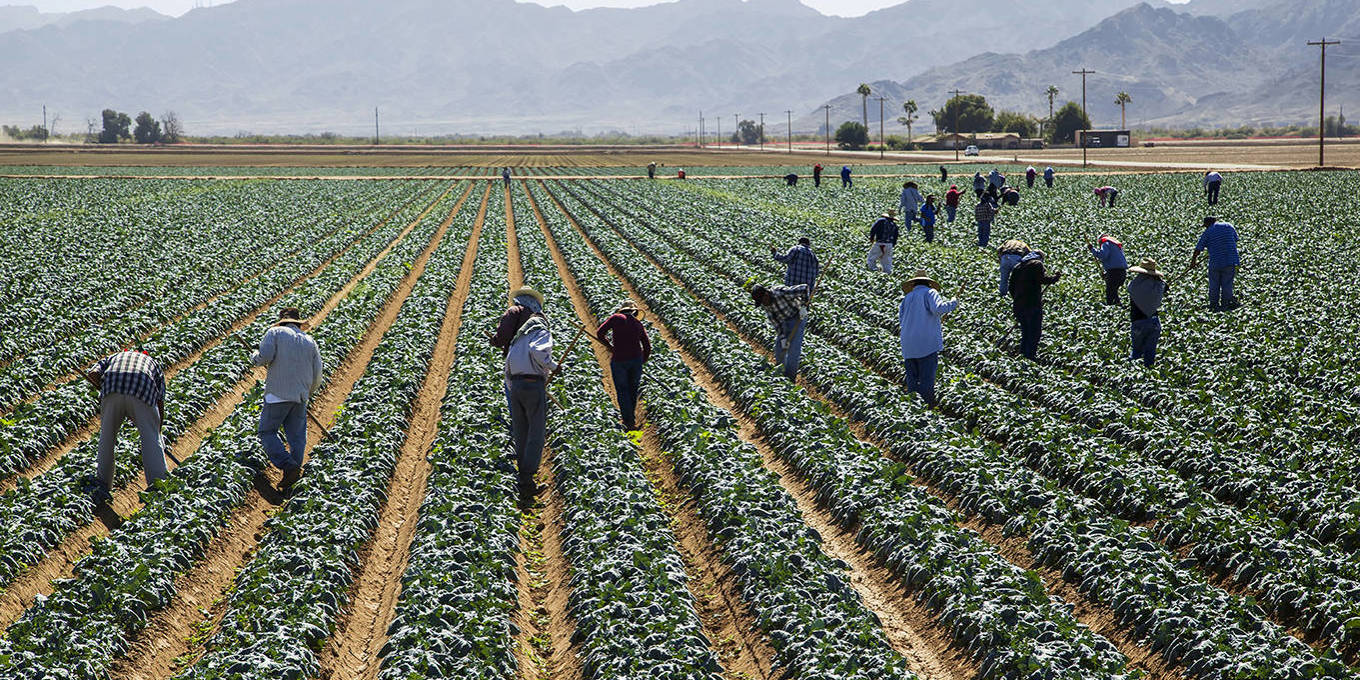The Truth About Migration

The Migrant Paradox: Economic Boom vs. Political Fervor
The Economic Lifeline
The economic success of wealthy nations is deeply intertwined with the contributions of migrant workers.
From skilled tech professionals to blue-collar laborers, immigrants have filled essential roles in key industries, driving innovation, growth, and job creation.
The Political Divide
Yet, amidst this economic reliance, a rising tide of anti-immigrant sentiment threatens to halt or even reverse migration trends.
Populist politicians and fringe groups paint migrants as threats to jobs and national identity, stoking fears and scapegoating a vulnerable population.
Expert Insights
"The idea that migrants are taking jobs from native-born workers is a myth," says renowned economist Michael Clemens of the Center for Global Development. "In fact, research shows that they often complement domestic workers, leading to mutual benefits."
Implications for Developing Economies
For developing countries, remittances from migrants play a crucial role in stimulating economic growth and reducing poverty.
The loss of migrant labor and the reduced flow of remittances would have devastating consequences for the economies of these countries, exacerbating inequality and slowing down development.
Balancing Economics and Politics
The challenge for governments lies in reconciling the economic necessity of migrants with the political pressures to restrict their entry.
Thoughtful and evidence-based immigration policies are needed to strike a balance that protects both national interests and the contributions of migrant workers.